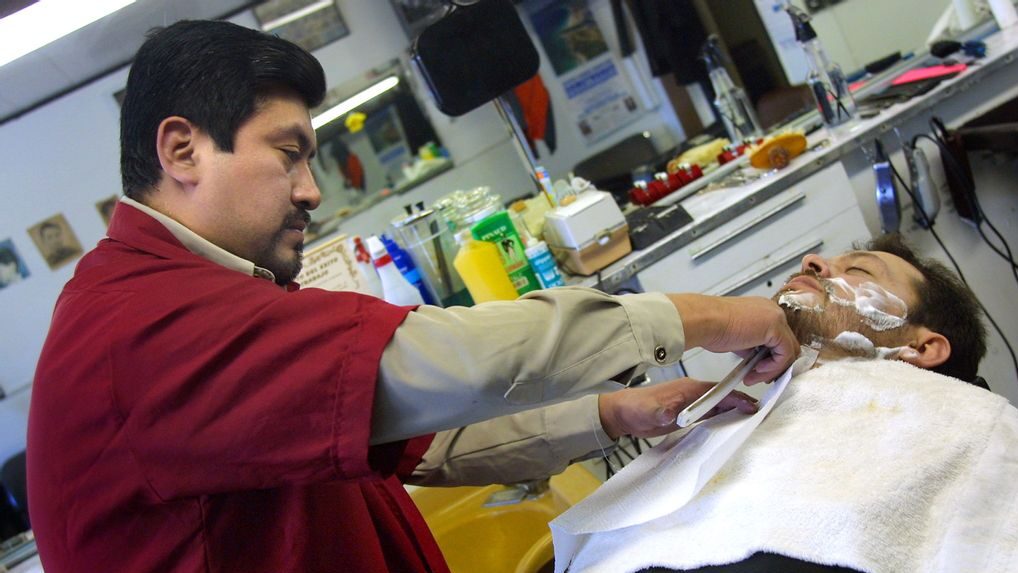
To help businesses hard hit by the COVID-19 pandemic, the U.S. government stepped in.
A crucial part of its economic recovery plan is the Back to Business (B2B) program. Totaling $250 million, the B2B program provides funds from the American Rescue Plan Act for businesses that faced losses due to the COVID-19 pandemic, said Sylvia García, acting director of Illinois Department of Commerce and Economic Opportunity (DCEO).
“Since the start of the pandemic, Gov. J.B. Pritzker and DCEO have consistently focused on addressing the impacts small businesses across Illinois are facing. We know the pandemic has been particularly devastating for communities of color and Latinx businesses — and for many industries across the board, including restaurants, retail stores, beauty salons, museums, cultural attractions and event venues,” she said.

The B2B program takes an equity-focused approach. It prioritizes the most affected industries, small businesses and those that have not received help from the state or federal government during the pandemic, García said.
“With B2B now open and accepting applications, we are focusing on outreach to hard-to-reach populations, including businesses in communities of color and rural areas.”
Garcia said the program was possible, due to Gov. Pritzker’s leadership. It builds on last year’s $290 million Business Interruption Grants funded through the federal CARES Act.
“While the program was successful in deploying a record 9,000 grants for Illinois small businesses — with over $18 million for Latinx businesses — we knew that more help would be needed to respond to the needs businesses are still facing out there today.”
The B2B program is a coordinated community effort.
“To make sure we are reaching businesses that need information about the program, we have enlisted the help of over 100 trusted community organizations — we call them our community navigators. They are working with DCEO not only to canvass the state and meet with business owners but also to provide direct technical assistance and help business owners with filling out the application step by step,” García said.
She says the application process for the B2B program is easy. A streamlined application portal “allows businesses to prepare their application and save it to finalize later. The application takes about 30 to 40 minutes to fill out and businesses can also use the portal to check the status of their application once submitted.”
“Applicants only need a few documents, including their 2019 and 2020 taxes, two bank statements — one from April-Dec 2020 and their most recent statement — and their business ID.”
The program accepts a driver’s license and ‘matrícula consular’ card — provided by the consulates — as official IDs.
Business owners without a Social Security number can use their individual taxpayer identification number (ITIN) to apply.
Since the program is grant-based and does not involve a loan, applicants do not have to pay back the money.
“Any business owner who faces barriers or concerns with the application — whether due to language barriers or technology questions — can get help today by contacting DCEO or one of our 100 community navigator partners,” Garcia said. “The application is available in Spanish and many of our partners are available to provide technical assistance in Spanish.”
For more information, visit the DCEO website.
Businesses owners “should not delay in applying,” she said. “These funds are limited, and we want to make sure they reach those who need them most.”
“Consistent with our approach to economic development, we are committed to making sure COVID-19 recovery programs are centered around equity. That means helping Latinx communities and businesses qualify and be represented in our programs, regardless of where you live and regardless of your immigration status,” García said.
Llama DCEO a empresas latinas aplicar programa B2B que cuenta con 250 mdd was first published in Negocios Now.
Translated and edited by Gabriela Olmos; edited by Fern Siegel
The post B2B Funding Helps Latino Businesses In Illinois Hardest Hit By Pandemic appeared first on Zenger News.
